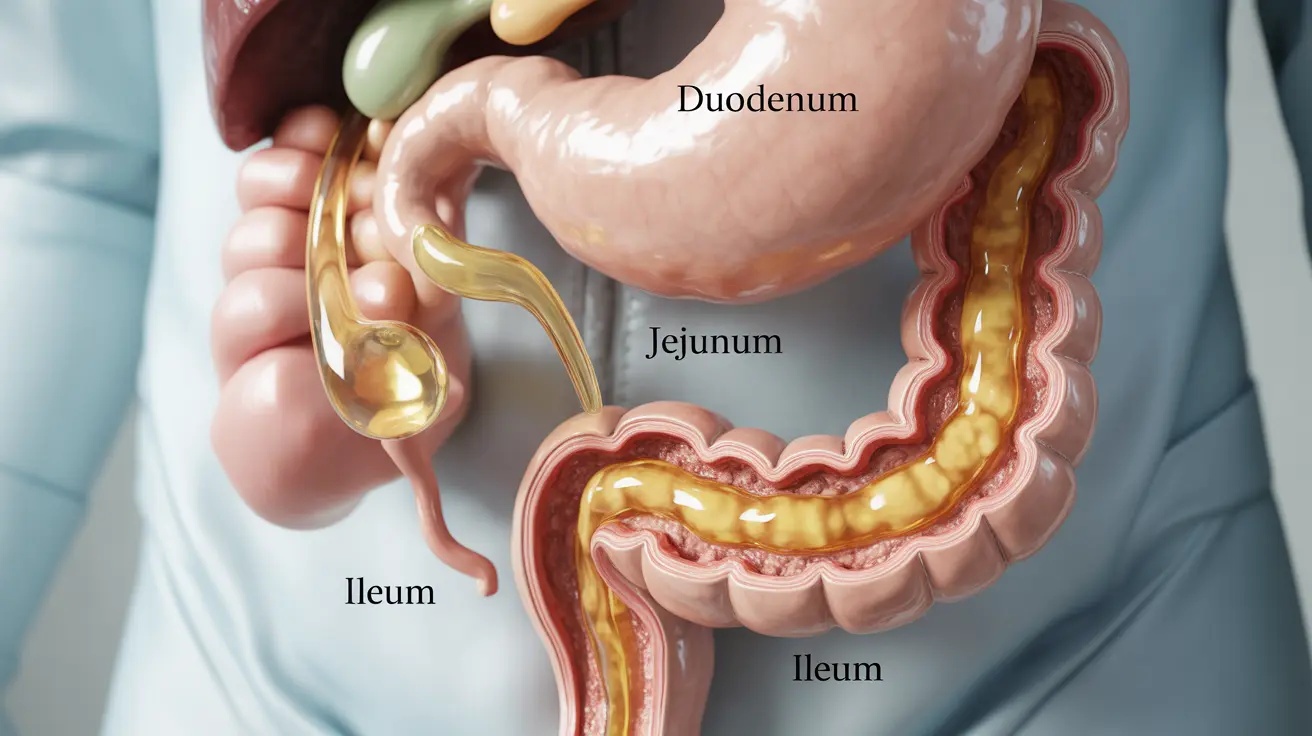GetLabTest News
Symptom Analysis
Interpreting Test Results
Diseases & Symptoms
Health Queries Answered
All
Latest
Complete Guide to Minnesota Medicare Plans: Coverage Options and Enrollment
Explore the Minnesota Medicare plans available, including coverage options and enrollment guides to help you make informed healthcare decisions.

Discover the health benefits of polyunsaturated fat and learn how to incorporate essential fatty acids into your diet for better health.
Health Queries Answered
min read

Explore effective tea for upset stomach, including ginger, peppermint, and chamomile. Find natural relief tips in this comprehensive guide.
Health Queries Answered
min read

Discover how to use mineral oil for constipation effectively, including safety tips and alternative remedies for relief.
Health Queries Answered
min read

Discover the healthiest fast food burgers and smart tips to enjoy a balanced meal without sacrificing taste. Make better choices today!
Health Queries Answered
min read

